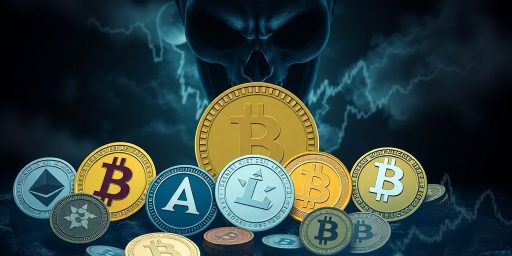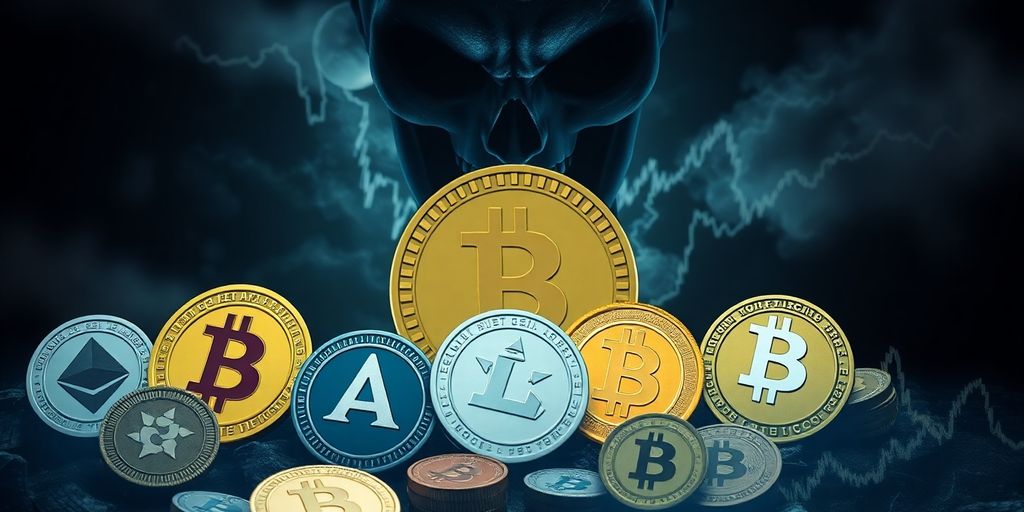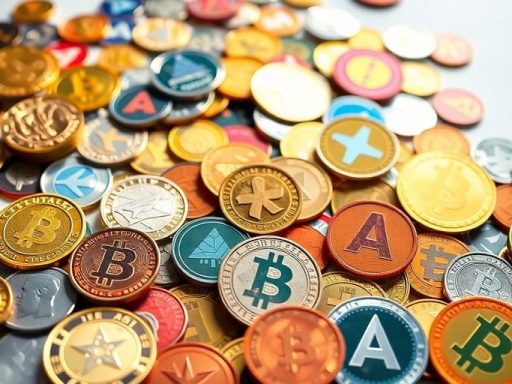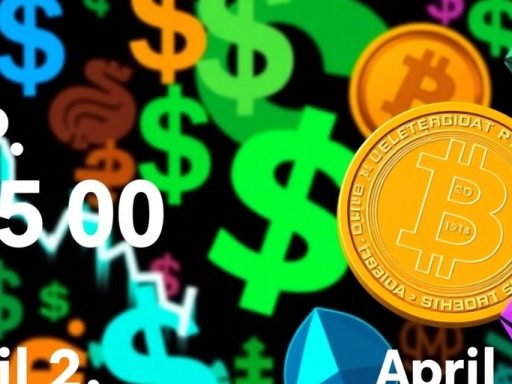In a recent interview on CNBC’s Squawk Box, Gary Gensler, the former Chair of the U.S. Securities and Exchange Commission (SEC), issued a stark warning regarding the future of altcoins and memecoins. He emphasized that these digital assets, which lack solid economic fundamentals, are primarily driven by market sentiment and are at high risk of losing public interest.
Key Takeaways
- Gensler warns that most altcoins are propped up by sentiment rather than fundamentals.
- He compares Bitcoin to gold, suggesting it has a more sustainable future.
- The SEC has clarified that memecoins are not classified as securities, easing regulatory burdens.
- This shift in SEC policy may reflect a broader acceptance of cryptocurrency in the market.
Gensler’s Concerns About Altcoins
Gensler’s comments highlight a growing concern within the cryptocurrency community about the sustainability of altcoins. He pointed out that while Bitcoin has a significant following and established fundamentals, the vast majority of the 10,000 to 15,000 other tokens lack similar backing.
He stated, "If you were interested in [crypto], think about how every financial asset sort of trades on a bit of fundamentals and sentiment, but this field is almost 99% – or maybe one might say 100% – sentiment and very little on fundamentals."
This perspective raises questions about the long-term viability of many altcoins, particularly those that are heavily reliant on hype and market trends rather than intrinsic value.
The SEC’s Stance on Memecoins
In a significant development for the crypto industry, the SEC recently clarified that memecoins do not qualify as securities. This decision allows traders to buy and sell these digital assets without the need for regulatory registration, providing greater freedom in the market.
Key points from the SEC’s statement include:
- Memecoins do not involve an investment in an enterprise, meaning buyers are not pooling money into a project.
- The value of memecoins is driven by market speculation and collective sentiment, similar to collectibles.
- Transactions involving memecoins are not covered by federal securities laws, which means they lack the same legal protections as traditional investments.
Implications for Crypto Traders
The SEC’s decision to not classify memecoins as securities is a double-edged sword. On one hand, it allows for more flexibility and freedom in trading these assets. On the other hand, it places the onus on buyers to understand the risks involved, as they will not have the same protections afforded to traditional investors.
This regulatory shift comes amid a broader change in the SEC’s approach to cryptocurrency, which has seen a series of pro-crypto moves, including the dismissal of lawsuits against major exchanges and projects. This change in attitude may signal a more favorable environment for cryptocurrency trading in the future.
Conclusion
Gary Gensler’s warning serves as a crucial reminder for investors in the cryptocurrency space to exercise caution, particularly with altcoins and memecoins. As the market continues to evolve, understanding the fundamentals behind these assets will be essential for making informed investment decisions. The SEC’s recent clarifications may provide some relief for traders, but the inherent risks associated with speculative assets remain a significant concern.








